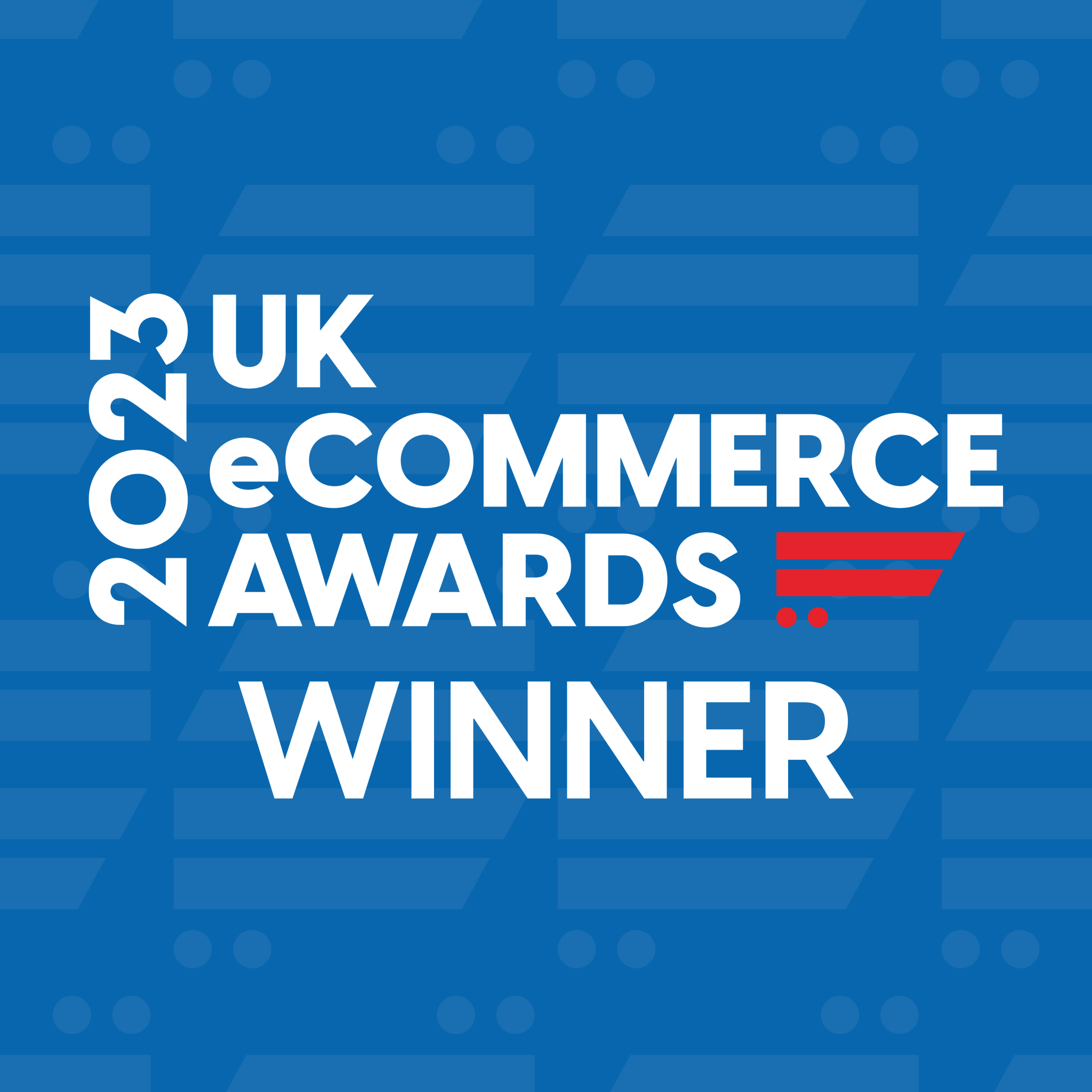In January 2023, I entered the world of SEO when I became a Junior SEO Executive at Cedarwood Digital, and it’s safe to say that I have learnt a lot. In this blog, I will be sharing all of the valuable things that I have learnt in the exciting world of Search Engine Optimisation, ways to learn and how I will move forwards.
What I Have Learnt:
SEO Takes Time
One of the most important things that I have learnt is that SEO is a long-term process. Building organic visibility and improving search rankings will take time, it will not happen overnight. SEO takes time, patience and consistent effort, and it is crucial to set realistic expectations. By focusing on longer term strategies, producing high quality content, optimising your website structure and gaining authoritative backlinks, you can steadily improve your website’s performance in the SERPs and establish a solid foundation for long term success.
Keeping Up To Date Is Vital
Staying up to date with any SEO news is extremely important for SEO professionals. SEO is constantly evolving and search engines like Google frequently release algorithm updates which can significantly impact website rankings and visibility. By staying informed about the latest updates and news, you are able to adapt your strategies accordingly and anticipate any potential changes. Having a good understanding of algorithm updates and what they mean for SEO allows you to make necessary adjustments to your website and content and ensure that your website is aligning with the current ranking factors and guidelines. Failing to keep up with the latest SEO news and updates can result in missed opportunities and potentially a decline in the SERPs, therefore resulting in a loss of organic traffic. Ultimately, staying up to date is extremely important as it allows SEO professionals to stay ahead of the curve and achieve long term success.
Keyword Research
Keyword research is the foundation of SEO and without it, you can not expect to gain organic visibility. SEO is about finding opportunities online and gaining relevant traffic to your website through visibility in the SERPs. Keyword research is at the heart of helping you to capitalise on any relevant traffic.
Keyword research is the process of finding words and phrases that users are searching for. This is so that you can then optimise your website according to keywords that are relevant to your service/ product. By optimising your website and including the correct keywords, Google will be able to understand what your website is about and that it is related to the keywords users are searching for. If your website is matching user intent for those keywords, Google will then rank your website accordingly.
One of the first things I learnt was that effective keyword research is essential for all SEO strategies. Without it, it will be extremely difficult to know what your users are searching for and it also plays a key role in ensuring that you are not targeting keywords that users are not searching for. By conducting keyword research, and then optimising your website accordingly, you are more likely to rank for relevant keywords and gain the right type of organic traffic to your website.
Content Optimisations
Content is key. Content optimisation plays a vital role in SEO as it can directly impact a website’s visibility, relevance and user experience. Without content, search engines like Google, will not be able to understand what your website is about, and therefore will not be able to rank your website on the SERPs. This means that your website will not be seen organically. By optimising the content on your website, you can ensure that all of your web pages align with what users are looking for. When done effectively, content optimisation can help search engines understand the context of your website, and this can help lead to improved rankings. Additionally, having optimised content will likely increase the engagement of your users; providing them with valuable information will increase the likelihood of them staying on your website for longer. It can also help Google to draw links between different themes on your website and different pieces of content, which helps to establish and showcase your E-E-A-T signals which is one of the most important elements of trust for Google. Fundamentally, content optimisation ensures that your website is providing valuable and helpful content for users and search engines, with the hope of increasing rankings and organic traffic.
On-Page Optimisations
On-page optimisations are a crucial part of SEO as they can also directly impact a website’s visibility and overall ranking potential. On-page optimisation refers to the process of optimising various different elements on a webpage in order to improve the user experience. This includes optimising title tags, URL structures, page structure and internal linking, as well as optimising the content on the web page. By implementing effective on-page optimisations, websites can provide search engines with clear signals about the content’s relevance and importance, therefore, potentially increasing the likelihood of higher rankings in the SERPs. Plus, these optimisations will also enhance the user experience by making the content more accessible, readable and engaging, which is also important for rankings as Google prioritises websites that are made for the user first. Overall, on-page optimisations are fundamental to SEO strategies; ensuring that your website is well structured, user friendly and easily discoverable will likely result in improved organic visibility and an overall better SEO performance.
Technical SEO
Technical SEO is a fundamental part of any SEO strategy and it involves focusing on the technical aspects of a website that can affect the visibility and performance in the SERPs. By optimising the technical elements of your website such as website speed, mobile-friendliness, and indexing, you can ensure that search engines are crawling your website effectively and ranking it accordingly. Technical SEO plays a crucial role in improving website usability and user experience. Ignoring technical SEO can result in poor website performance and decreased visibility, and in some instances, great content optimisation and link building approaches can be lost because there is a fundamental crawl issue on the website, therefore meaning that Google isn’t seeing the content it needs to return – in most cases, a simple fix can have substantial consequences for the website. It is extremely important to have the fundamentals in place and have your website working properly in order for the on page optimisations to be effective. It is therefore extremely important to prioritise technical SEO in order to maximise your website’s potential for ranking highly in the SERPs, and for improving the overall user experience.
How You Can Learn About SEO
Learning new things about SEO is an ongoing process that requires a continuous effort. I have learnt a lot of things in my first 6 months in SEO but there is still so much more to learn. There are so many ways to expand your knowledge and stay updated in the ever evolving industry. One of the ways that I have learnt is through reading various different blogs. There are many websites that regularly publish valuable information and updates on SEO practices and it is a great way to find out new information. Following reputable SEO experts on social media platforms can also provide you with a wealth of information and keep you informed about all of the latest trends. Participating in webinars and online courses that are led by experts can also deepen your understanding of SEO and help you to acquire new skills. Attending SEO conferences and networking events will help you to deepen your knowledge and it enables you to connect with other SEO professionals and gain outsider insights that can broaden your knowledge.Listening to podcasts can also be extremely beneficial and there are quite a few across the SEO sector, these podcasts can be extremely handy for SEO professionals who are commuting to work. Finally, experimenting with different SEO techniques and conducting your own research can massively contribute to learning new things.
I have used all of the above methods to expand my SEO knowledge and I can safely say that they all work. By combining all of these approaches, you can continuously learn and improve your skills and stay up to date in the dynamic world of SEO.
Moving Forwards
6 months on from when I first entered the world of SEO, I have learnt an enormous amount of different SEO techniques and stayed up to date with all of the latest algorithm updates. I have delved into many different SEO projects including both on-page optimisations and technical SEO. Overall, my journey in SEO has been an invaluable learning experience which has equipped me with a diverse set of skills and the ability to optimise websites for better search engine visibility and organic growth. SEO is a very wide topic and I am excited to continuously learn more and more every day by staying up to date and learning new skills.









